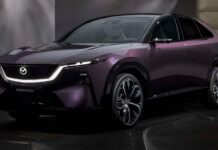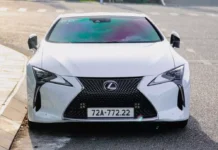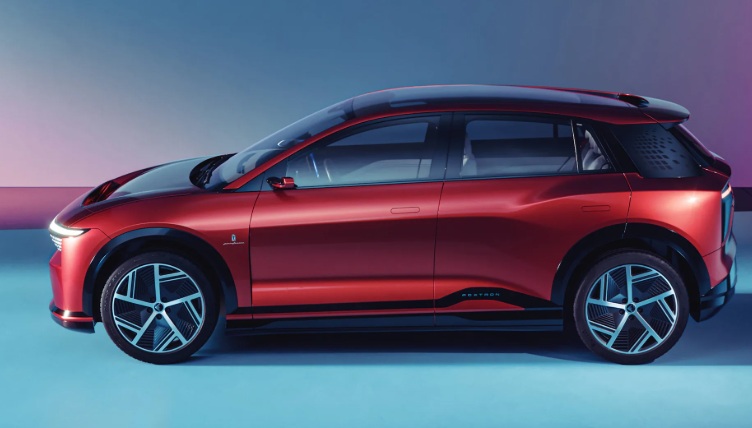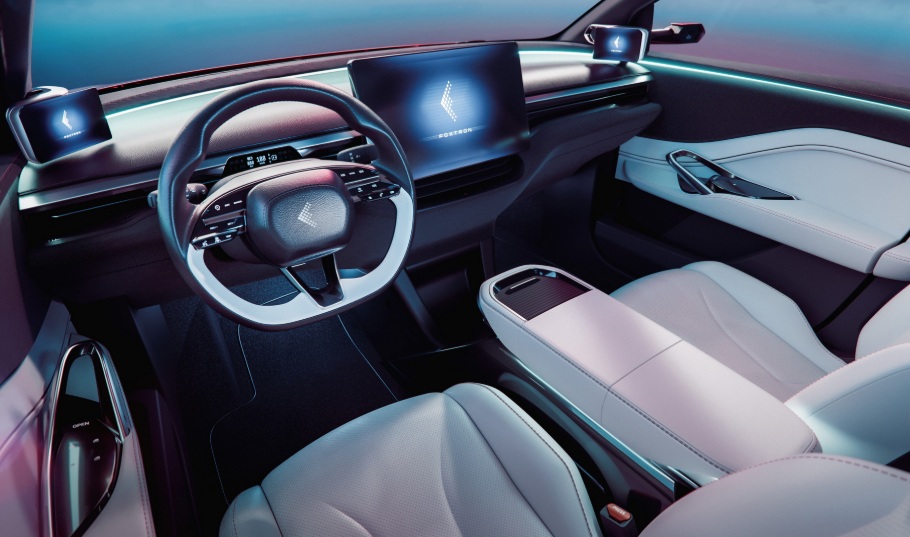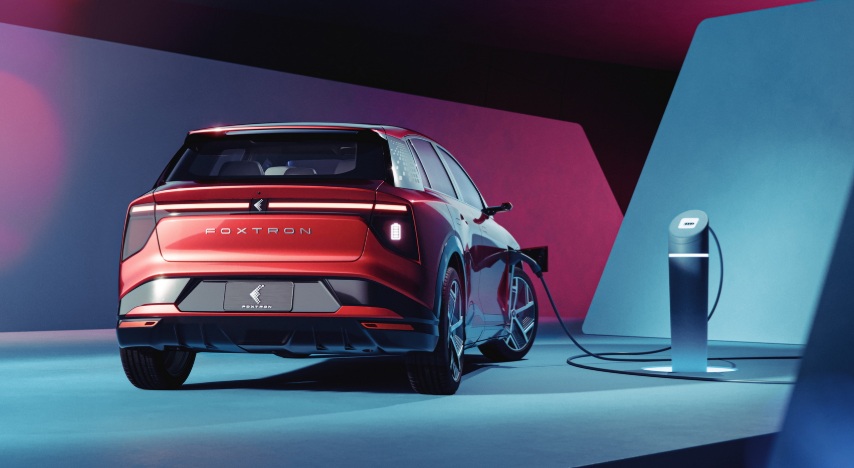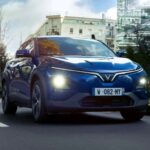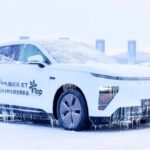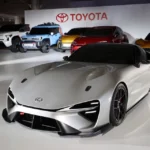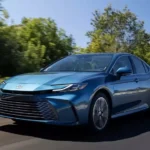Mitsubishi Motors has recently announced that it has signed a memorandum of understanding with Foxtron, a subsidiary of Foxconn specializing in electric vehicles, to develop and supply electric vehicles to the Oceanian market.
According to the agreement, Foxtron will manufacture a customized version of its Model B crossover for Mitsubishi to distribute under its own brand in Australia and New Zealand, starting in the second half of 2026.
This marks the first time Foxconn has partnered with a Japanese automotive company as an original equipment manufacturer (OEM), signifying a significant expansion in the Taiwanese company’s electric vehicle ambitions after facing challenges in the US market.
The Model B, one of Foxconn’s flagship products, has been chosen for this agreement. It boasts a length of 4,300 mm, a wheelbase of 2,800 mm, a 58 kWh battery, and an impressive range of approximately 500 km. Foxconn plans to launch the Model B in Taiwan this year before producing a customized version for Mitsubishi.
This collaboration with Foxconn is part of Mitsubishi’s new strategy to diversify its markets and reduce reliance on Southeast Asia and North America, regions that account for a significant portion of its sales but are facing instability.
In Southeast Asia, Mitsubishi’s operating profit for the 2023 fiscal year took a hit, dropping to 20.3 billion yen (approximately 142 million USD) from 63.6 billion yen in 2019. This decline is attributed to the slow economic recovery in Thailand and Indonesia, coupled with competitive pressure from Chinese automakers, particularly BYD, which has rapidly gained market share in Thailand.
In North America, which accounts for 20% of Mitsubishi’s global sales, the company still managed to achieve a profit of 111.9 billion yen in the 2023 fiscal year. However, the Trump administration’s reinstated tariffs are impacting its growth prospects, as all Mitsubishi vehicles sold in the US are manufactured in Japan.
On the other hand, the Oceanian market, despite contributing only about 10% to global sales with 84,000 vehicles sold in the 2023 fiscal year, yielded higher operating profits of 24 billion yen. Mitsubishi is now positioning this region as a new growth focus, with plans to introduce more electric and hybrid models by 2030.
For Foxconn, the partnership with Mitsubishi provides a more solid foothold in the international electric vehicle industry. Since its foray into electric vehicles in 2019, Foxconn has primarily collaborated with Taiwanese automakers. However, efforts to expand into foreign markets, particularly the US, have been hampered by setbacks faced by several affiliated startups.
Foxconn anticipates that manufacturing vehicles for Mitsubishi will bolster its OEM capabilities and pave the way for deeper collaborations with other Japanese automakers, including Nissan—Mitsubishi’s largest shareholder—and Honda, with whom they have expressed interest in a four-way partnership model.
Mitsubishi’s global sales currently fall short of one million vehicles per year, a modest figure compared to its competitors. Developing electric vehicles independently entails significant risks regarding costs and market acceptance. Thus, their strategy to collaborate with external partners like Foxconn is a prudent approach to mitigate costs, expedite time-to-market, and ensure profitability even with smaller sales volumes.
TH (Tuoitrethudo)
VinFast Expands its Footprint in Europe: Signs New Partnerships in France and Germany.
VinFast is proud to announce its partnership with ASTRADA SIMVA, our first authorized dealer in France, and Schachtschneider Automobile GmbH & Co KG, our second authorized dealer in Germany. This marks a significant step forward in our global expansion strategy, bringing us closer to our customers and offering them an exceptional VinFast experience.


